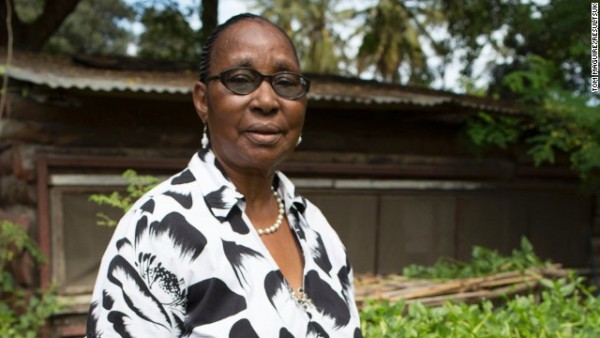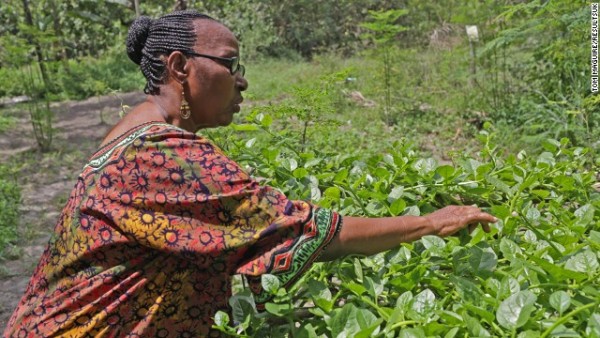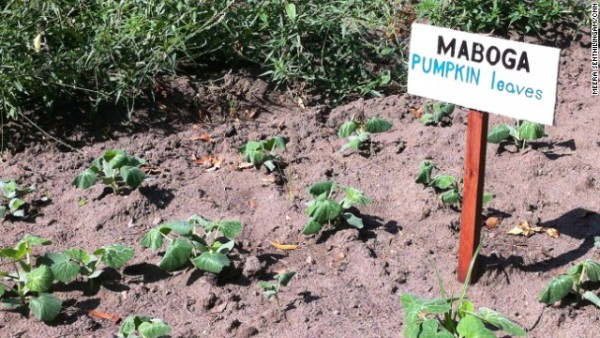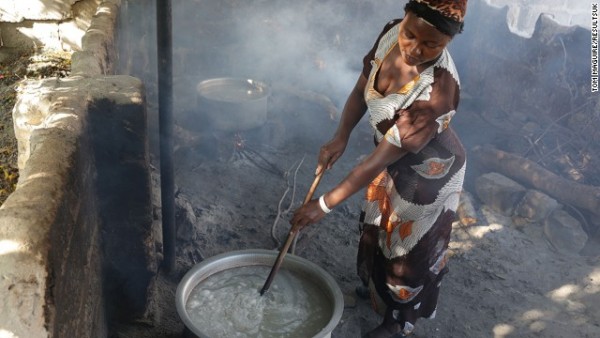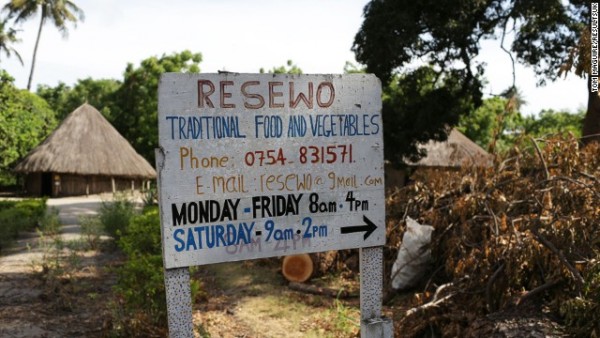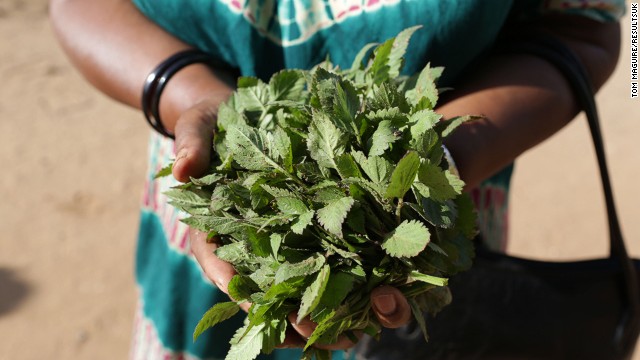

The Mbuyoni elementary school of Dar es Salaam has incorporated farming as a main component of the school day’s activities in order to improve the school menu’s nutrition and keep Tanzanian agricultural traditions and foods relevant.
Every morning, the students occupy themselves by cultivating their favorite crop. These plants and vegetables are native to the Tanzanian country and culture; blackjack, moringa, pumpkin, sweet potato and even the leaves of these latter two plants, have high nutritional and medicinal value. However they continue to be under-appreciated within the local community.
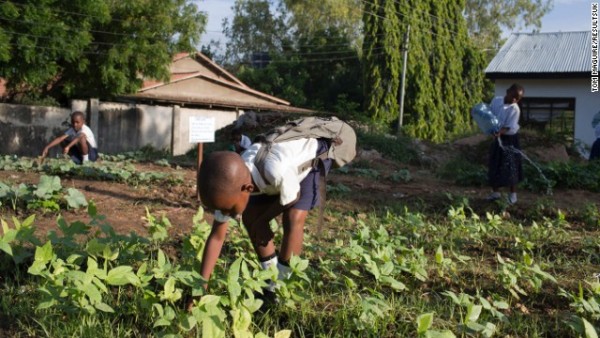

Incorporating these nutritious foods in the school menu is a way to reinvent those native plants and vegetables. This initiative is pioneered by retired women from the Regent Estate Senior Women’s Group (RESEWO). “Modern people here in Tanzania associate indigenous food with poverty and being poor,” says RESEWO founder Freda Chale, referring to the increasing popularity of fast food. “We started working with schools to make sure youngsters grow up valuing these vegetables.” The children learn by growing and cultivating the plants at school and go on to spread the word to their families and communities. “They don’t know most of the time, especially people living in towns.”
The elementary school has over 1200 students, all of whom come in at crack of dawn to tend eagerly to their crops. There are groups of children tilling land, whilst others collect water from the well or wander around with watering cans. A final few harvest leaves and roots to be eaten for lunch that day.
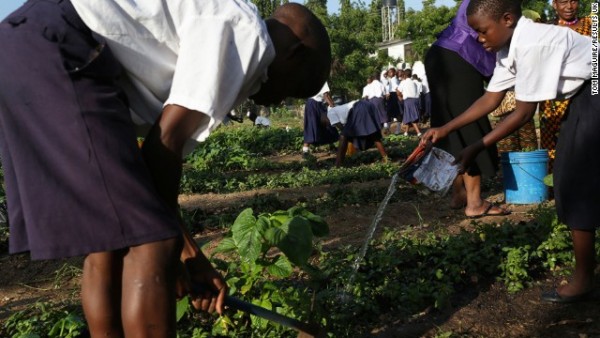

Among the 8 million children under five years old estimated to be living in Tanzania, 42 per cent are stunted and 16 per cent are underweight, according to UNICEF. Levels of anemia are also high, with rates as high as 41 per cent in adult women. One cause of this is the increasing reliance on staples such as maize and sweet potatoes. Another cause is that locals have been eating more food high in fat and sugars, such as burgers. Plants with higher nutritional value, including the leaves of the sweet potato plant, seem to have been forgotten.
The nutritional and medicinal value of indigenous plants is being forgotten across the continent and the slow food foundation now work in over 10,000 gardens in Africa, including RESEWO’s headquarters. The movement to revamp and revitalize ancient plants has begun, all with the Mbuyoni elementary school.



